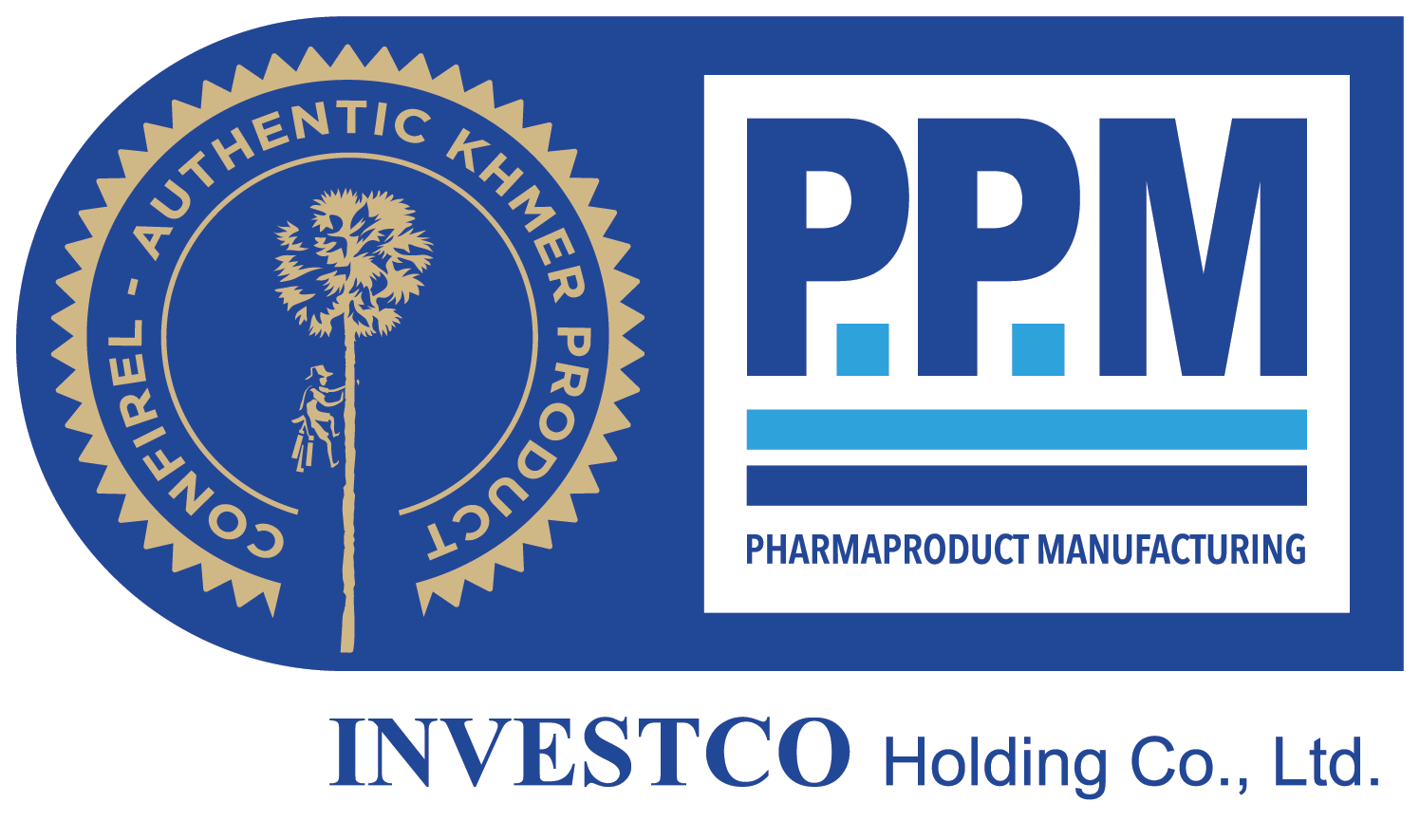


A Franco-Cambodian project against bacterial resistance to antibiotics
កាលបរិច្ឆេទ: ១០ កញ្ញា ២០២៤ / សុខភាព / Author : ATH Sokren
A Franco-Cambodian team of researchers is working to find solutions to the problem of bacterial resistance to antibiotics. Thanks to artificial intelligence, they are seeking to optimize the prescription of medications. This is the "I am R" project.
This Franco-Cambodian team is led by two researchers, Dr. Kennarey SEANG, an epidemiologist trained in California, and Dr. Stanislas REBAUDET, an infectious disease specialist working at the European Hospital in Marseille.
Le petit Journal Camboidge met them for fhdev.com
What is the "I am R" project?
The "I am R" project is a Franco-Cambodian multidisciplinary initiative aimed at combating antibiotic resistance in Cambodia using artificial intelligence tools. The project name, “I am R,” is a play on words that combines the concepts of antibiotic resistance (AMR) and artificial intelligence (AI).
The main objective of the project is to provide Cambodian healthcare practitioners with a computer tool that can effectively guide antibiotic choice while waiting for laboratory test results. To do this, the project is first collecting and analyzing a large amount of data on antibiotic resistance in Cambodian healthcare facilities, initially focusing on Calmette Hospital in Phnom Penh. Using advanced artificial intelligence and machine learning techniques, the project team is developing models that can predict the susceptibility of bacteria to antibiotics based on historical data. These models will be integrated into a smartphone-based computer application, allowing healthcare practitioners to make informed decisions about antibiotic choice in real time while waiting for laboratory test results.
Are there any specificities in Cambodia regarding antibiotic resistance?
Specificities in the way antibiotics are prescribed and used in Cambodia are more or less comparable to those in many developing countries. For example, self-medication is a widespread practice. Patients obtain antibiotics without a doctor’s prescription. This practice may be motivated by various factors, such as limited access to health services, reliance on self-diagnosis, or the relatively low cost of medicines.
In addition, specific challenges related to the availability and quality of antibiotics are also problems faced by the health system in developing countries. In some regions, particularly rural areas of these countries, access to medicines may be limited due to geographical distance from health facilities or shortage of medical resources. In addition, the quality of available antibiotics may vary, with counterfeit or substandard medicines sometimes present on the market.
Regarding the prescribing practices of Cambodian doctors, like others in developing countries, they can be influenced by various factors, such as medical training, current clinical protocols and socio-economic pressures.
Understanding these prescribing practices is essential to develop effective interventions to promote appropriate antibiotic use and combat antibiotic resistance in the country.
What are the main challenges you face?
This project paves the way for a deeper reflection on the practical, logistical and scientific challenges the research team faces in its implementation:
1 - Access to data: A major challenge can be access to relevant data to feed the AI model.
2 - Data cleaning: Once the data is obtained, an additional challenge will be to prepare it for analysis. This requires computer science skills to structure the data in a way that it can be used effectively to train the AI model.
3 - Modeling and machine learning: The core of the project then lies in the development of an artificial intelligence model capable of predicting the sensitivity of bacteria to antibiotics. This involves the selection and development of appropriate machine learning algorithms, as well as their training on the available data.
4 - Development of the application integrating these artificial intelligence models that meets Cambodian challenges and the expectations of future users on site: A crucial challenge will be to ensure that the developed tool is adopted and used by practitioners in their daily clinical practice.
5 - Sustainability and scale: Once the pilot project is successful, an additional challenge will be to ensure its sustainability and expansion to other health facilities in Cambodia and potentially other countries.
Overcoming these challenges will require close collaboration between researchers, health practitioners, policy makers and local communities to implement innovative and effective solutions to combat antibiotic resistance.



